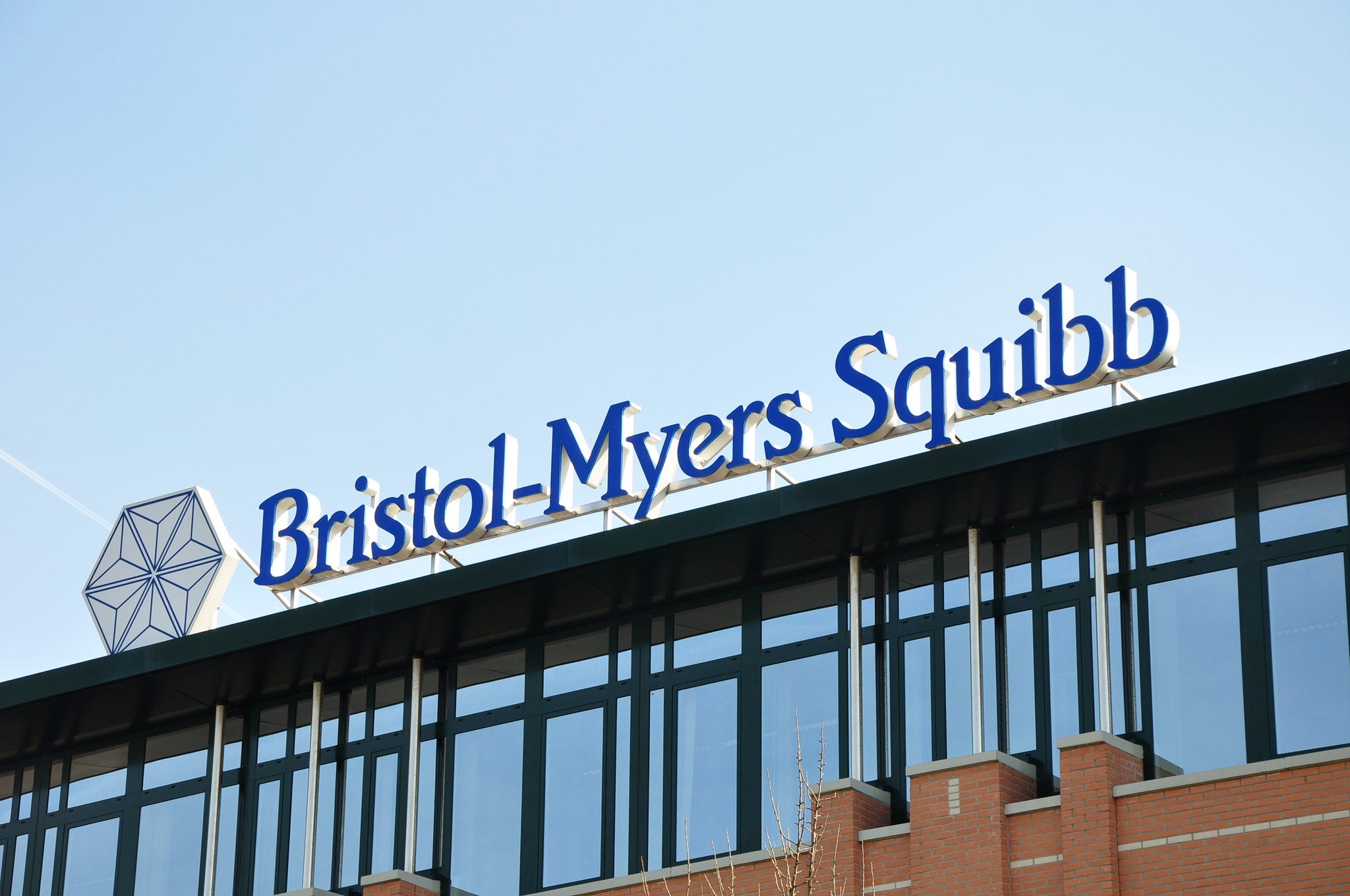
Bristol Myers Squibb (BMS) has reported positive additional results from the Phase III True North trial of oral Zeposia (ozanimod) in adults with moderate to severe ulcerative colitis (UC).
According to the data, Zeposia showed statistically significant and clinically meaningful results for clinical remission at induction at week ten and in maintenance at week 52 versus placebo, meeting the trial’s primary endpoints.

Discover B2B Marketing That Performs
Combine business intelligence and editorial excellence to reach engaged professionals across 36 leading media platforms.
Zeposia is a modulator of sphingosine-1-phosphate (S1P) receptor, with high affinity for S1P receptors 1 and 5. It diminishes the ability of lymphocytes to exit from lymph nodes, thereby decreasing circulating lymphocytes in peripheral blood.
The multi-centre, randomised, double-blind, placebo-controlled Phase III trial evaluated the efficacy and safety of Zeposia 1mg in patients with moderate to severe ulcerative colitis who did not experience adequate response to previous therapy.
In the induction period of ten weeks, 645 patients were given Zeposia or placebo once daily.
Patients on Zeposia who achieved clinical response in this phase at week ten were administered the drug or placebo until week 52.

US Tariffs are shifting - will you react or anticipate?
Don’t let policy changes catch you off guard. Stay proactive with real-time data and expert analysis.
By GlobalDataDuring the maintenance phase, 457 participants received the study drug or placebo.
Secondary endpoints of the trial are the proportion of patients experiencing a clinical response, endoscopic improvement, mucosal healing and clinical remission at week 52 in patients that were in remission at week ten.
The trial met the key secondary endpoints, BMS noted. Data showed that at week ten, 47.8% of patients treated with Zeposia achieved a clinical response compared to 25.9% on placebo.
At week 52, the proportion of patients that showed clinical response with Zeposia versus placebo was 60% and 41%, respectively. The results were said to be consistent across sub-analyses.
The overall safety profile was observed to be consistent with the drug’s known profile and that of moderate to severe UC patients.
In June this year, BMS reported top-line results from the trial. The latest efficacy and safety data from the trial were presented at UEG Week Virtual 2020 on 11 October.
Bristol Myers Squibb Immunology and Fibrosis Development head Mary Beth Harler said: “These Zeposia True North results represent a meaningful achievement for patients living with ulcerative colitis, many of whom have an inadequate response or do not respond at all to currently available therapies.”
Last month, BMS announced positive interim results from the Phase III DAYBREAK open-label extension trial of Zeposia in patients with relapsing forms of multiple sclerosis (MS).





